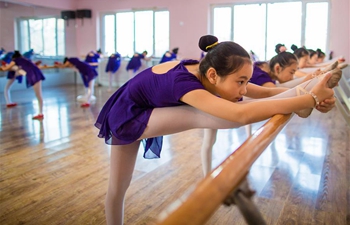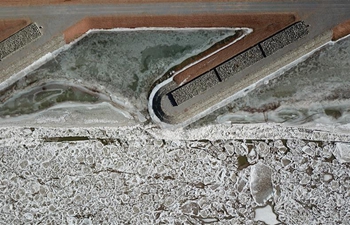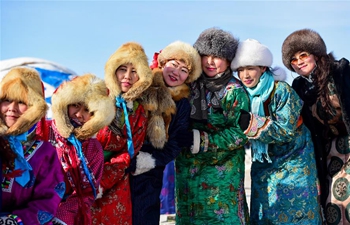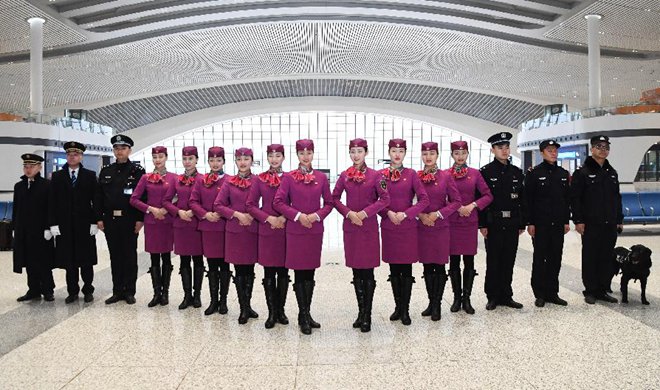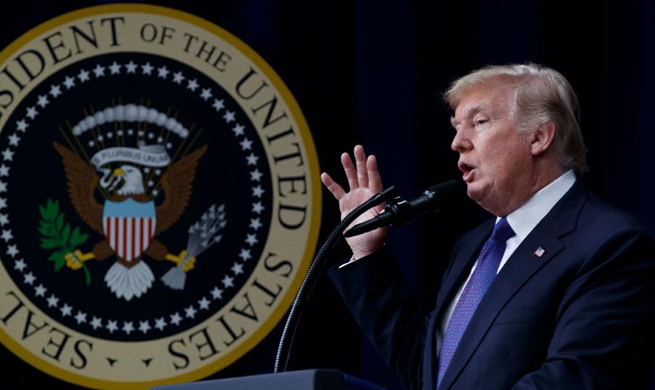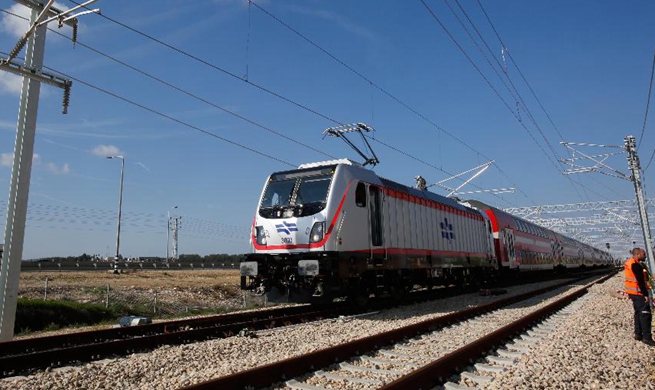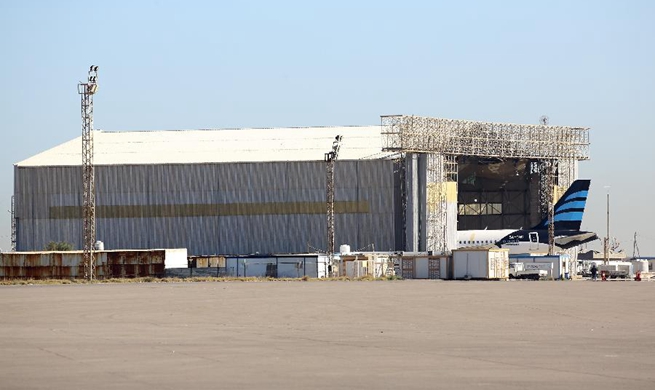by Feng Yingqiu
NAY PYI TAW, Jan. 17 (Xinhua) -- Myanmar and Bangladesh have agreed to repatriate refugees fleeing to Bangladesh to escape conflict in Myanmar's western Rakhine state starting from Jan. 23.
Under the agreement on the repatriation reached at a meeting of foreign ministries of the two neighbors in Nay Pyi Taw Tuesday, Myanmar will receive verified returnees at the Taung Pyo Letwe reception center and repatriate them by land routes, while at the Nga Khu Ya reception center, refugees will be repatriated by river routes.
Myanmar will also use Hla Pho Kaung as the transit camp for the returnees, while the Bangladesh side will establish five of its kind to facilitate the process. The repatriation will take place five days a week.
Given the activities of Arakan Rohingya Salvation Army (ARSA) extremists, the Myanmar side also spoke of preventive measures to be taken in anticipation of possible attacks by ARSA terrorists during the process of repatriation.
The ARSA extremist terrorists launched attacks on police outposts in Rakhine on Aug. 25 last year, displacing residents from a number of areas in Maungtaw district.
Myanmar has reiterated acceptance of refugees from Bangladesh after citizenship scrutiny under three processes, inviting the international community to help in the process.
The three processes cover acceptance under the principles of humanitarianism, resettlement and rehabilitation, and regional development and freedom from conflicts, said U Zaw Htay, director-general of the Ministry of the State Counselor's Office.
Under the 1993 agreement between Myanmar and Bangladesh, if the refugees are found to be true that they used to live in Myanmar, they will be repatriated to their places of origin.
Meanwhile, the Myanmar government has been implementing short-term projects in Rakhine state after the region, especially in northern part, regained security and stability destroyed by extremists.
On Oct. 17, 2017, the Myanmar government formed the Union Enterprises for Humanitarian Assistance, Resettlement and Development (UEHRD), led by State Counselor Aung San Suu Kyi, for long-term projects of freedom from conflict.
With related ministries engaged in rehabilitation tasks, Myanmar has also formed nine private sector task forces to join the UEHRD.
The newly-established mechanism aims to allow the government as well as local and international organizations to work for the development of Rakhine.
The groups were tasked to draw up long-term and short-term plans to increase trade and investment for businesses and job creations in the state.
Suu Kyi prioritized three main tasks to be done in Rakhine -- repatriation of refugees who crossed over to Bangladesh and providing humanitarian assistance effectively; resettlement and rehabilitation; and bringing development and establishing lasting peace in the region.





